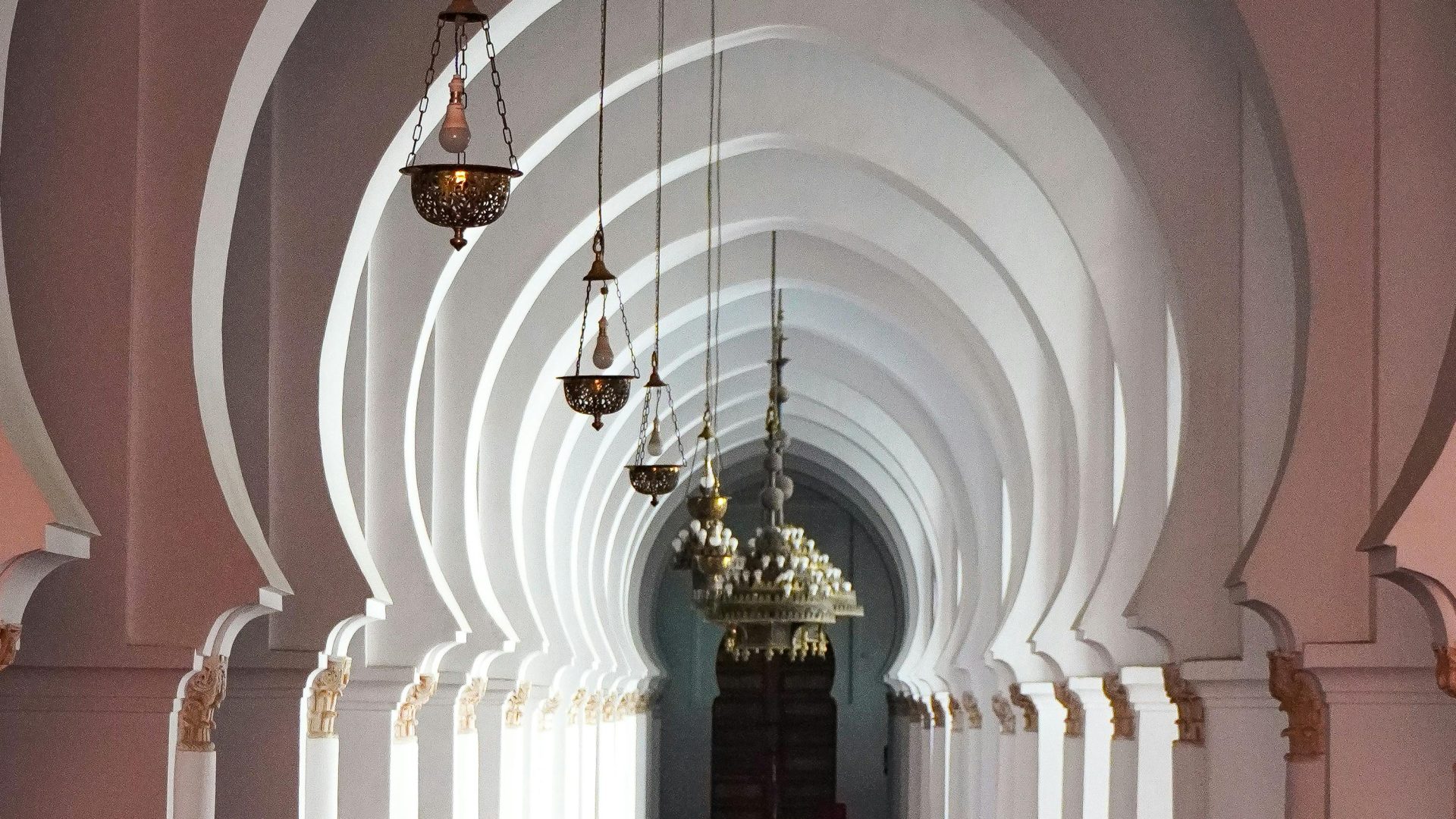Assessing Daniel Sheehan’s Credibility
Daniel Sheehan is regarded as a credible figure by many within the UAP disclosure movement. However, his long-standing conspiracy theories surrounding JFK appear to conflict with newly released files. Doesn’t this inconsistency undermine the critical thinking and healthy skepticism that are essential in this field? If Sheehan’s theories regarding JFK are flawed, why should we place our trust in his claims about UAPs? This situation seems to weaken the very foundation of objective inquiry.
For those interested, here are some of Sheehan’s specific assertions related to both UAP and JFK conspiracy theories: https://youtu.be/2SQXAPCdmPE?t=5700.
Some of Sheehan’s claims regarding JFK, which lack support from this week’s disclosure authorized by Trump, include the following:
-
Sheehan alleges that a 15-man assassination unit, known as “S Force,” was established by Richard Nixon in 1960 to eliminate Fidel Castro, and that this team was subsequently repurposed to assassinate JFK. This claim is significant as it suggests the existence of an assassination unit prior to JFK’s death.
-
He also asserts that Nixon sought the help of Howard Hughes, who he claims acted as a secret consultant to the National Security Council, to organize this assassination team. The involvement of Hughes, a prominent figure, implies complex clandestine networks.
-
According to Sheehan, Allen Dulles, with support from Brown Brothers Harriman, orchestrated JFK’s assassination due to Kennedy’s attempts to dismantle nuclear warheads in partnership with Nikita Khrushchev, hinting at the influence of powerful financial interests on global events.
-
He claims that JFK and Khrushchev engaged in confidential communications aimed at reducing nuclear arsenals, which would significantly alter our understanding of historical events.
-
Additionally, Sheehan argues that George H.W. Bush and Lyndon Johnson were briefed on the assassination plot shortly before it transpired.
For further details, you can refer to the source material: https://www.youtube.com/watch?t=7175&v=2SQXAPCdmPE&feature=youtu.be.

You raise a critical point regarding the credibility of Daniel Sheehan and how his claims about the JFK assassination impact the trustworthiness of his assertions in the UAP disclosure movement. Skepticism is indeed vital in both historical inquiry and contemporary discussions about UAPs, and inconsistencies can lead to warranted doubts.
Sheehan’s claims regarding JFK’s assassination are substantial and rely on a narrative that requires extensive evidence to be taken seriously. The reliance on extraordinary assertions, such as a clandestine assassination team and the involvement of well-known figures without definitive proof, invites scrutiny. If historical events like the JFK assassination can be framed in such a speculative light, it’s reasonable to question the reliability of his perspective on UAPs and related phenomena.
Moreover, the interconnection of conspiracy theories can lead to a slippery slope where one unfounded claim can cast doubt on an entire field of inquiry. While it’s essential to explore all angles in the UAP discussion, there must also be a foundation of verification and critical analysis to maintain credibility. It’s crucial for those in the UAP community to promote rigor and skepticism, using established methods of inquiry to separate fact from speculation. This helps ensure that the pursuit of truth in this field remains grounded and credible, instead of becoming mired in potentially unfounded conspiracy theories.
Ultimately, it may serve the community better to approach Sheehan’s claims with a balanced skepticism—applying critical thinking to evaluate both his positions on UAPs and his historical interpretations without outright dismissal or blind belief. That is how we can maintain a foundation for balanced inquiry.